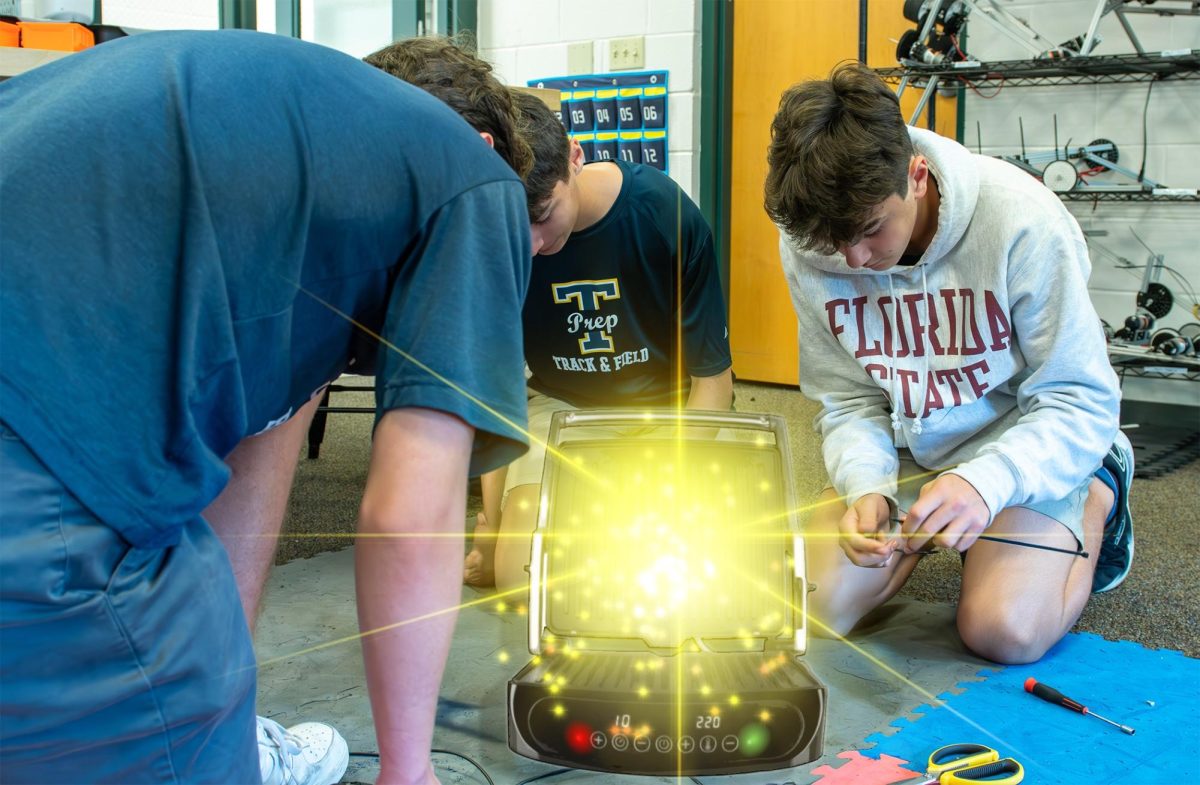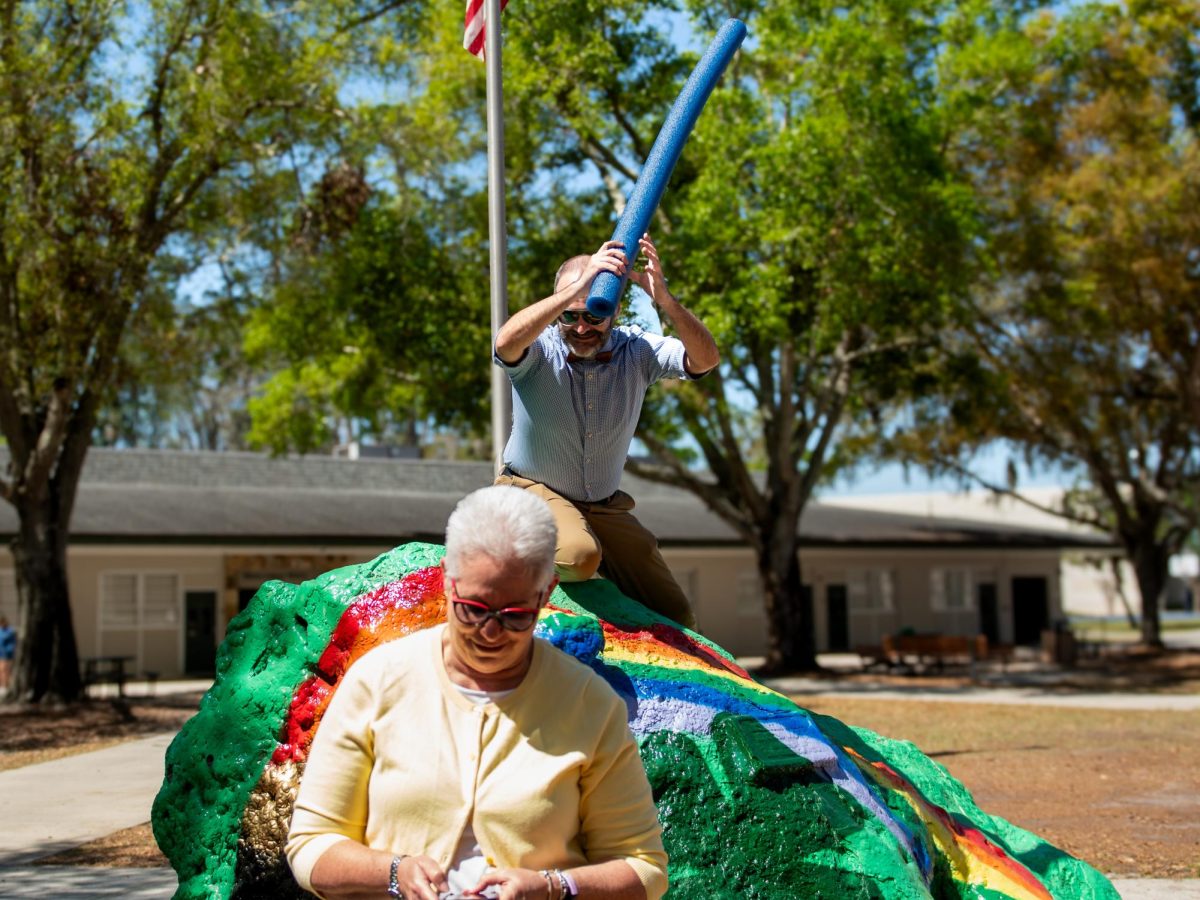For years, skeptics dismissed it as a hoax, a myth conjured up by students who suddenly forgot how to hold a pencil. Teachers scoffed, parents rolled their eyes, and underclassmen whispered horror stories in hushed tones. But now, after decades of denial, the unthinkable has happened: Senioritis is real, and the world has finally been forced to admit it.
On Monday, March 24, the Centers for Disease Control and Prevention (CDC) officially recognized senioritis, or S-25, as an epidemic. Long regarded as a convenient excuse, the disease has mutated into an airborne strain, spreading at an unprecedented rate. S-25 primarily targets high school seniors, striking most effectively when their college applications are in and their will to function is out.
Experts warn that while past iterations merely drained motivation, this year’s virus has completely incapacitated its victims, leaving them unable to complete homework, remember what class they’re in by fourth period, or, in extreme cases, follow Dress Code. Forensic analysis revealed the virus spread rapidly after winter break, taking root in one of the most vulnerable locations on campus: the senior parking lot.
And it all started with one student.
Senior and alleged patient zero Dani Chacko first showed symptoms on the day before the senior retreat, which he opted to skip in favor of a sabbatical to Jimmy Hula’s.
“It started small,” Chacko confessed between alternating bites of Wipeout tacos. “One day, I just didn’t feel like bringing my backpack. Next thing I knew, I was at Hula’s at 11:30am on a Wednesday.”
From there, the outbreak was unstoppable. Reports began to surface across campus: Seniors found napping in classrooms, donning hoodies emblazoned with the phrase “I’m just here so I won’t get detention,” and submitting corrupted files on Canvas as a last-ditch effort to buy time on assignments they had no intention of completing.
“We haven’t seen anything this bad since last year’s seniors,” Nurse Jennifer Weiser said, adjusting her KN95 mask with a look of weary resignation. “And I don’t want to alarm anyone, but I’m starting to see symptoms in [REDACTED].”
As panic spreads, Trinity is scrambling to contain the outbreak. The administration has set up emergency cots in the RAC, urging affected seniors to evacuate to the designated quarantine zone, who would proceed to attend classes through Google Meet. The move, while drastic, has been met with little resistance as the seniors have long since given up on the concept of “in-person engagement.”
Faculty, too, are implementing radical measures to prevent further spread of the virus.
“We’ve stopped teaching juniors entirely in the hopes they never progress to senior year,” Social Science Department Chair Robin Grenz said. “It’s our only shot at containment.”
For some juniors, however, it’s already too late.
“I first noticed odd behavior in one of my juniors,” Grenz reported. “I thought he was writing his APUSH DBQ, but instead, I found him staring blankly at his computer, mumbling something about Manifest Destiny.”
That junior, Nikhil Daniel, has since accepted his fate.
“I’ll fail my AP exams,” Daniel admitted. “But at least now I can blame it on the College Board’s psychological warfare instead of whoever’s decision it was for me to ‘just wing it’.”
As the epidemic continues to spread, affected seniors show no signs of concern, with most embracing their diagnosis as a long-overdue excuse for their declining work ethic. Conditions are predicted to only worsen as the weather gets warmer and graduation inches closer.
Stay safe, and stay motivated. (Or at least fake it until May.)







![[Satire] Six Steps to Sainthood](https://thetrinityvoice.com/wp-content/uploads/2025/04/DSC_4124-2-NR-1200x907.jpg)



